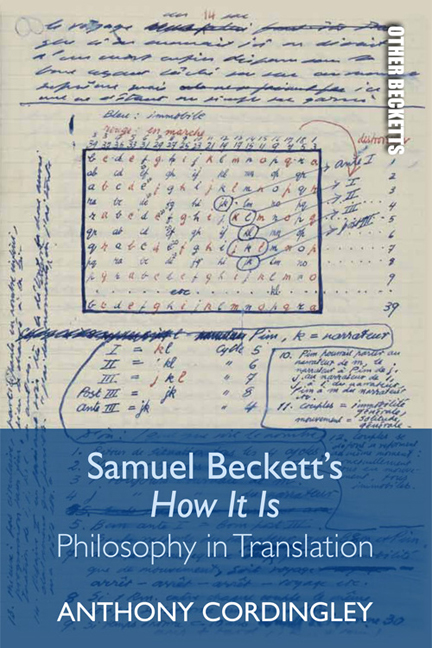Book contents
- Frontmatter
- Contents
- List of Illustrations
- Series Editor’s Preface
- List of Abbreviations
- Dedication
- Introduction
- 1 A Poetics of Translation: Dante, Goethe and the Paideia
- 2 Pythagorean Mysticism/Democritean Wisdom
- 3 The Physical Cosmos: Aristotelian Dialectics
- 4 From the Cradle to the Cave: A Comedy of Ethics from Plato to Christian Asceticism (via Rembrandt)
- 5 Mystic Paths, Inward Turns
- 6 Pasca l’s Miraculous Tongue
- 7 Spinoza, Leibniz or a World ‘Less Exquisitely Organized’
- Acknowledgements
- Bibliography
- Index
2 - Pythagorean Mysticism/Democritean Wisdom
Published online by Cambridge University Press: 23 April 2021
- Frontmatter
- Contents
- List of Illustrations
- Series Editor’s Preface
- List of Abbreviations
- Dedication
- Introduction
- 1 A Poetics of Translation: Dante, Goethe and the Paideia
- 2 Pythagorean Mysticism/Democritean Wisdom
- 3 The Physical Cosmos: Aristotelian Dialectics
- 4 From the Cradle to the Cave: A Comedy of Ethics from Plato to Christian Asceticism (via Rembrandt)
- 5 Mystic Paths, Inward Turns
- 6 Pasca l’s Miraculous Tongue
- 7 Spinoza, Leibniz or a World ‘Less Exquisitely Organized’
- Acknowledgements
- Bibliography
- Index
Summary
This chapter explores how education is thematised within the fragmented philosophical dialogue of How It Is. The inherent contradictions of Western thought between pre-Socratic and Platonic philosophy have an inestimable effect upon Beckett's narrator/narrated, shaping his sense of his cosmos and the horizon of his poetics. Beckett's pre-Socratic and Platonic images pays less respect to the strict doctrines of ancient philosophy than to his poet's élan. They emerge from the grand narrative of the history of philosophy and constellate within the narrator/narrated's discourse in an eccentric representation of dialectic oppositions. They settle into patterns with pretensions to philosophical dialogue; shaped into thesis and counter-thesis they testify to the slow death of a mind trained in the discursive habits of the paideia. Philosophical images are integral to the text's form and field of interdependent meaning, the fabric of narrative itself. Yet the bizarre, often contradictory nature of the pattern in which they are found renders their potential for philosophical truth somewhat ludicrous. Beckett's use of ancient philosophy in How It Is complicates conventional intertextual hermeneutics by depriving his allusions of the power to affirm past meanings and their traditions, a strategy that defines him as a late modernist.
Beckett's extensive ‘Philosophy Notes’ are housed in the archives of the Trinity College Dublin Library. Those devoted to the Ancient Greek period were drawn largely from Archibald Alexander's 1907 A Short History of Philosophy, John Burnet's 1914 Greek Philosophy and the 1902 English translation of Wilhelm Windelband's A History of Philosophy (Frost and Maxwell, ‘Catalogue’ 67–73), an original German edition of which remained in Beckett's library at the end of his life. Windelband was also Beckett's principal source for his ‘Philosophy Notes’ on texts written after the ancient period. Feldman shows how the Notes emerge, albeit fleetingly, in Beckett's 1964 prose piece ‘All Strange Away’, whose narrator abruptly recalls that ‘ancient philosophers ejaculated with place of origin when possible suggesting pursuit of knowledge at some period’ (Beckett, Complete Short 175; Feldman, Beckett's 33). Here, Beckett fictionalises his writing process by making his narrator evoke an erstwhile ‘pursuit of knowledge’, an apparent allusion to a map he drew in his ‘Philosophy Notes’ that located ancient philosophers within the Mediterranean (Frost and Maxwell, ‘Catalogue’ 76).
- Type
- Chapter
- Information
- Samuel Beckett's How It IsPhilosophy in Translation, pp. 44 - 75Publisher: Edinburgh University PressPrint publication year: 2018



